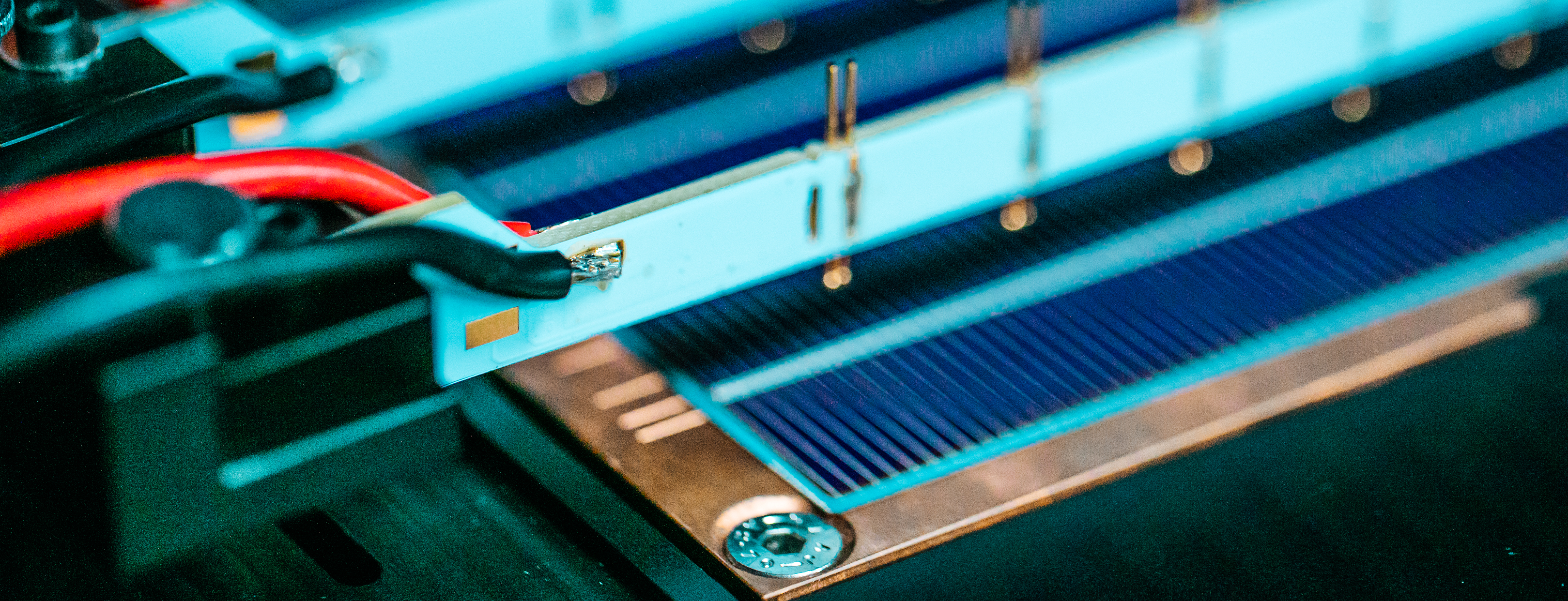A Low Resistance Calcium/Reduced Titania Passivated Contact for High Efficiency Crystalline Silicon Solar Cells
by
Thomas G Allen, James Bullock, Quentin Jeangros, Christian Samundsett, Yimao Wan, Jie Cui, Aïcha Hessler‐Wyser, Stefaan De Wolf, Ali Javey, Andres Cuevas
Year:
2017
DOI:
https://doi.org/10.1002/aenm.201602606
Bibliography
Allen, Thomas G., James Bullock, Quentin Jeangros, Christian Samundsett, Yimao Wan, Jie Cui, Aïcha Hessler‐Wyser, Stefaan De Wolf, Ali Javey, and Andres Cuevas. "A Low Resistance Calcium/Reduced Titania Passivated Contact for High Efficiency Crystalline Silicon Solar Cells." Advanced Energy Materials 7, no. 12 (2017).

